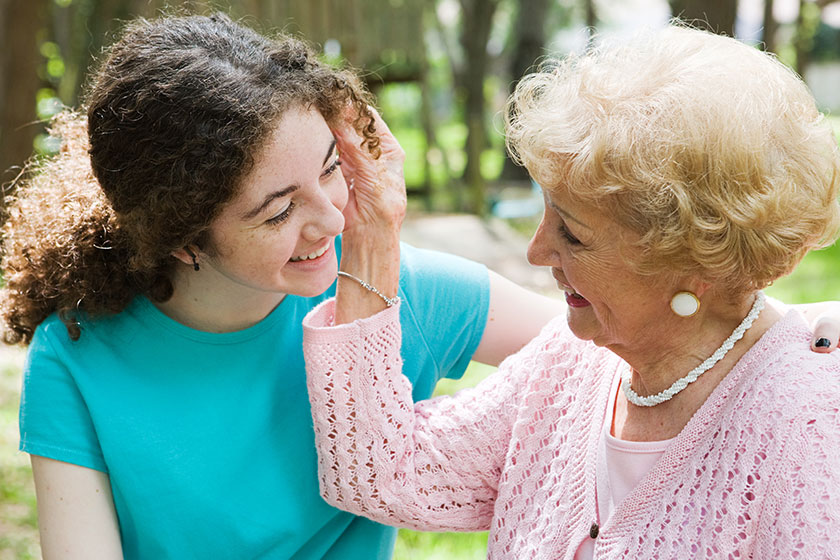Dealing with behavior problems in your parent as they get older can be difficult. Here, we’ve listed some common worrying behaviors, their causes, and how to deal with them.
Hostility and Outbursts
Unfortunately, age, illness (or both) can exacerbate feelings of irritability and anger in your parents. They might then feel as if they have no outlet for these feelings, which they can then unload onto their primary caregivers.
So, how do you handle the hostility and outbursts that result from an angry parent? The first step would be to identify the root cause of their anger. The aging process is a difficult one. Your parents might be dealing with chronic pain, bereavements, memory issues, and other things which may be sad, difficult, or embarrassing for them. This often then manifests in anger.
Dementia can also cause or intensify these behaviors. As a caregiver of a parent with dementia, it is important to remember that your parent may not have control over their words or actions. But that does not mean that you have to suffer in silence either. If you are having a difficult day with your parent, take a few minutes to do something for yourself. It can be small, like calling a friend to vent, or grabbing a snack that you enjoy.
If you find that dealing with your parents’ memory issues is getting more and more difficult, however, you may want to consider memory care programs. These programs are equipped to handle memory care issues in compassionate and holistic ways, providing relief to both their residents and their caregivers.
Hygiene Issues
It can be common for elders to refuse to maintain hygiene habits such as bathing or changing their clothes. Depression can sometimes be the cause of this, but it could also be a way to articulate a desire for independence. As they age, your parents lose control over various facets of their life, so they cling to what they can control, such as their hygiene habits.
Things like declining physical functions can also contribute to the issue. As your parents’ sense of smell and sight deteriorate, they may not notice that their clothes are soiled, or be unable to detect their body odor. Memory issues can also come into play.
Start by determining why your parent is having trouble with their hygiene habits. If they are feeling depressed, speak with their doctor about solutions such as medication or therapy. If your parent is uncomfortable with a family member bathing them, you can explore hiring a professional caregiver to help.
If your parent is afraid of the shower because they are afraid of slipping, you can look into “senior-proofing” the bathroom with bathroom furniture made especially for the elderly.
Dealing with Difficult Behaviors
We’ve listed two of the more common behavioral issues in aging parents, although you might have encountered more, such as hoarding. While it is important for you to be patient and compassionate with your parent, we understand that it can be taxing to be the primary caregiver. Respite care is another option for caregivers if you feel your daily responsibilities have become too overwhelming and you need a short-term break.







